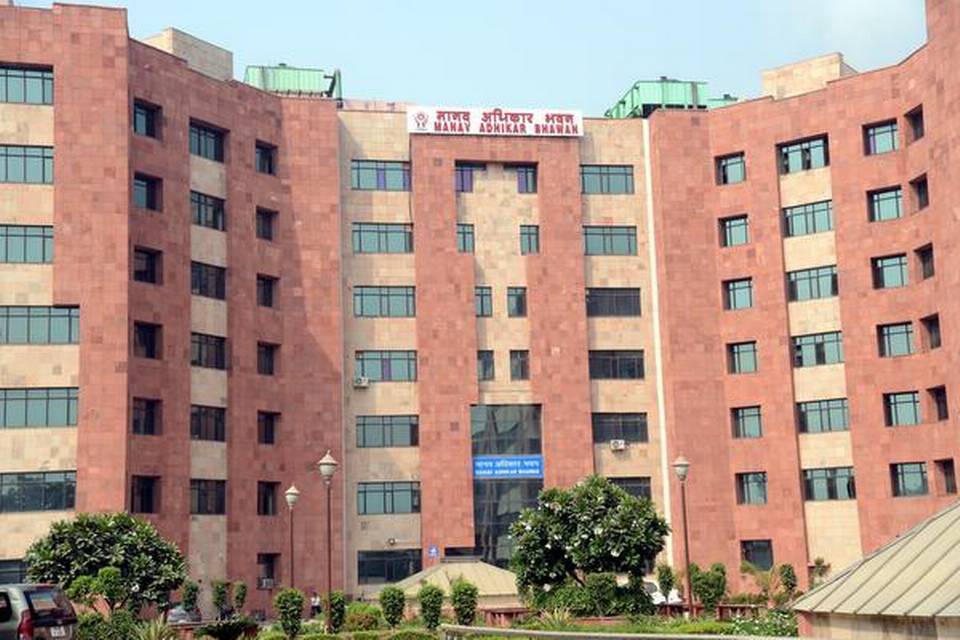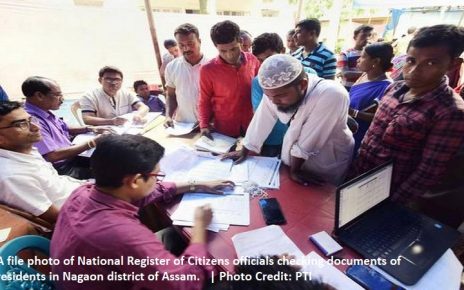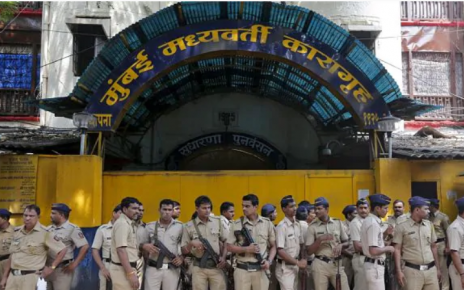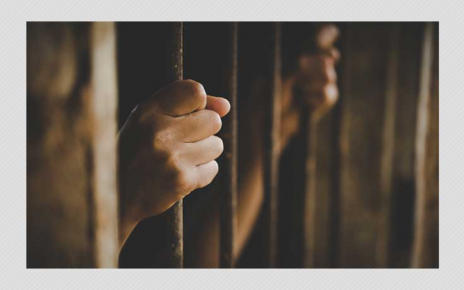The Hindu
10 December 2020
Celebrities or rich people often get reprieve by claiming to suffer from kleptomania, says anti-torture group
Data culled from the annual reports of the National Human Rights Commission (NHRC) from 1996-97 to 2017-18 have revealed that 71.58% of the custodial deaths in India were of people from poor or marginalised sections of society, said a statement by an anti-torture group issued on Thursday to mark the United Nations Human Rights Day.
According to the New Delhi-based National Campaign Against Torture (NCAT), the NHRC had cited 95 illustrative cases of custodial deaths during the 11 fiscals ending 2017-18. The victims in 68 cases comprising 71.58% were from poor families while three victims accounting for 3.19% of the cases were from middle-class families.
The economic background of 24 victims or 25.26% of the cases could not be ascertained.
The victims of custodial deaths have been people of certain communities in some States, the NCAT said.
For instance, the Chakma and Hajong groups “face serious discrimination as descendants of migrants from East Pakistan” in Arunachal Pradesh.
“The NHRC recorded a total of 15 deaths in police custody during 2014-2015 to 2018-2019 in the State. Of these 15, three were from the Chakma community… It is clear that Chakmas with 3% of the total population constituted about 20% of the deaths in police custody. These custodial deaths expose the non-existent criminal justice system for the targeted and discriminated groups like the Chakmas,” the NCAT said.
The NHRC data also point to class division, NCAT’s coordinator Suhas Chakma said.
“A poor person lifting something is immediately accused as a thief and often beaten by the public or the police. But a celebrity or a rich person caught in a similar act may claim to suffer from kleptomania, an illness. This class division has a devastating impact on the administration of the criminal justice system in India,” he added.




